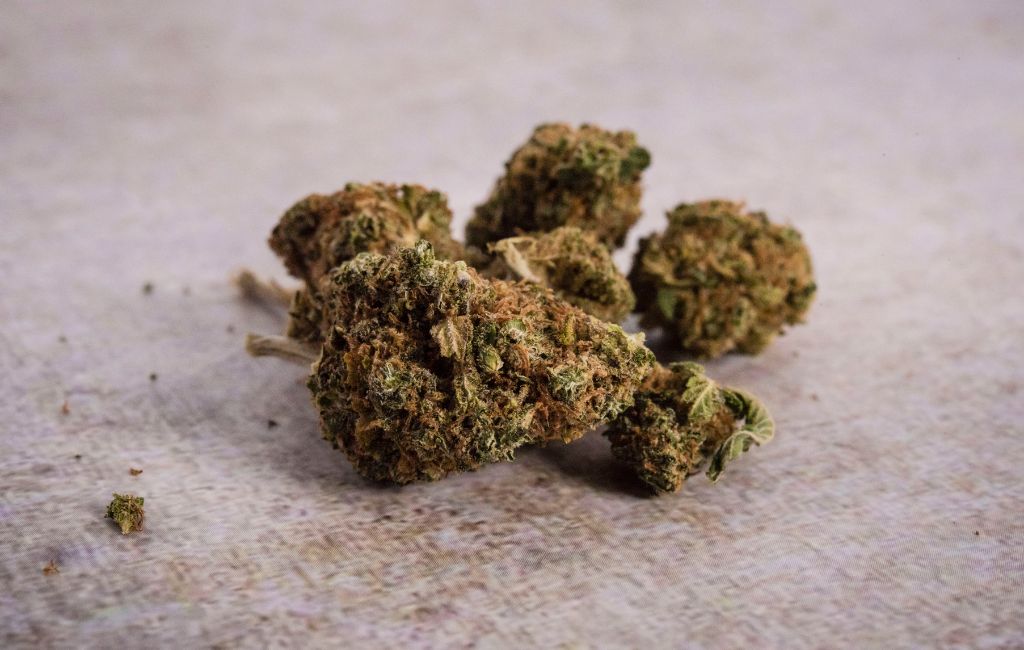THCa Flower: The Natural Wellness Trend
In recent years, the wellness industry has seen a surge in interest towards natural and holistic remedies. Among these, THCa flower has emerged as a noteworthy trend. This article explores the benefits, uses, and growing popularity of THCa flower, providing valuable insights for those interested in natural wellness solutions.
What is THCa Flower?
THCa, or tetrahydrocannabinolic acid, is a non-psychoactive cannabinoid found in raw and live cannabis. Unlike THC, THCa does not produce a high when consumed. Instead, it offers a range of potential health benefits, making it an attractive option for those seeking natural wellness alternatives.
How THCa Differs from THC
THCa and THC are often confused, but they have distinct differences. THCa is the precursor to THC. When cannabis is heated through smoking, vaping, or cooking, THCa converts to THC, which is psychoactive. Consuming raw THCa flower avoids this conversion, allowing users to experience the benefits without the high.
Health Benefits of THCa Flower
Research into THCa is still in its early stages, but preliminary studies and anecdotal evidence suggest several potential health benefits:
- Anti-inflammatory Properties: THCa may help reduce inflammation, making it useful for conditions like arthritis and other inflammatory diseases.
- Neuroprotective Effects: Some studies indicate that THCa could protect brain cells, potentially offering benefits for neurodegenerative diseases.
- Anti-emetic Benefits: THCa might help reduce nausea and vomiting, which can be particularly beneficial for chemotherapy patients.
- Antioxidant Properties: THCa has been shown to have antioxidant effects, which can help protect cells from damage.
How to Use THCa Flower
There are several ways to incorporate THCa flower into a wellness routine:
Raw Consumption
One of the simplest methods is to consume the flower raw. This can be done by adding it to smoothies or salads. This method preserves the THCa without converting it to THC.
Topical Applications
THCa can be infused into oils or balms for topical use. This method is particularly useful for targeting localized pain or inflammation.
Tinctures and Juices
THCa can also be extracted into tinctures or juices. These can be taken sublingually or mixed into beverages for easy consumption.
Case Studies and Real-World Examples
Several case studies highlight the potential benefits of THCa flower:
Case Study: Arthritis Relief
A 2018 study published in the Journal of Pain Research examined the effects of THCa on arthritis patients. Participants reported significant reductions in pain and inflammation after using THCa flower, suggesting its potential as a natural remedy for arthritis.
Case Study: Neuroprotective Effects
In 2020, researchers at the University of California conducted a study on the neuroprotective effects of THCa. The study found that THCa helped protect brain cells from damage, indicating its potential for treating neurodegenerative diseases like Alzheimer’s.
Statistics and Market Trends
The growing interest in THCa flower is reflected in market trends and statistics:
- Market Growth: The global cannabis market is projected to reach $97.35 billion by 2026, with a significant portion attributed to non-psychoactive products like THCa flower.
- Consumer Interest: A 2021 survey by New Frontier Data found that 42% of cannabis consumers are interested in non-psychoactive products, highlighting the demand for THCa flower.
- Product Availability: More dispensaries and wellness shops are stocking THCa flower, making it more accessible to consumers.
Conclusion
THCa flower represents a promising trend in the natural wellness industry. With its potential health benefits and various methods of consumption, it offers a versatile and appealing option for those seeking natural remedies. As research continues to uncover the full range of its benefits, THCa flower is likely to become an increasingly popular choice for wellness enthusiasts.
